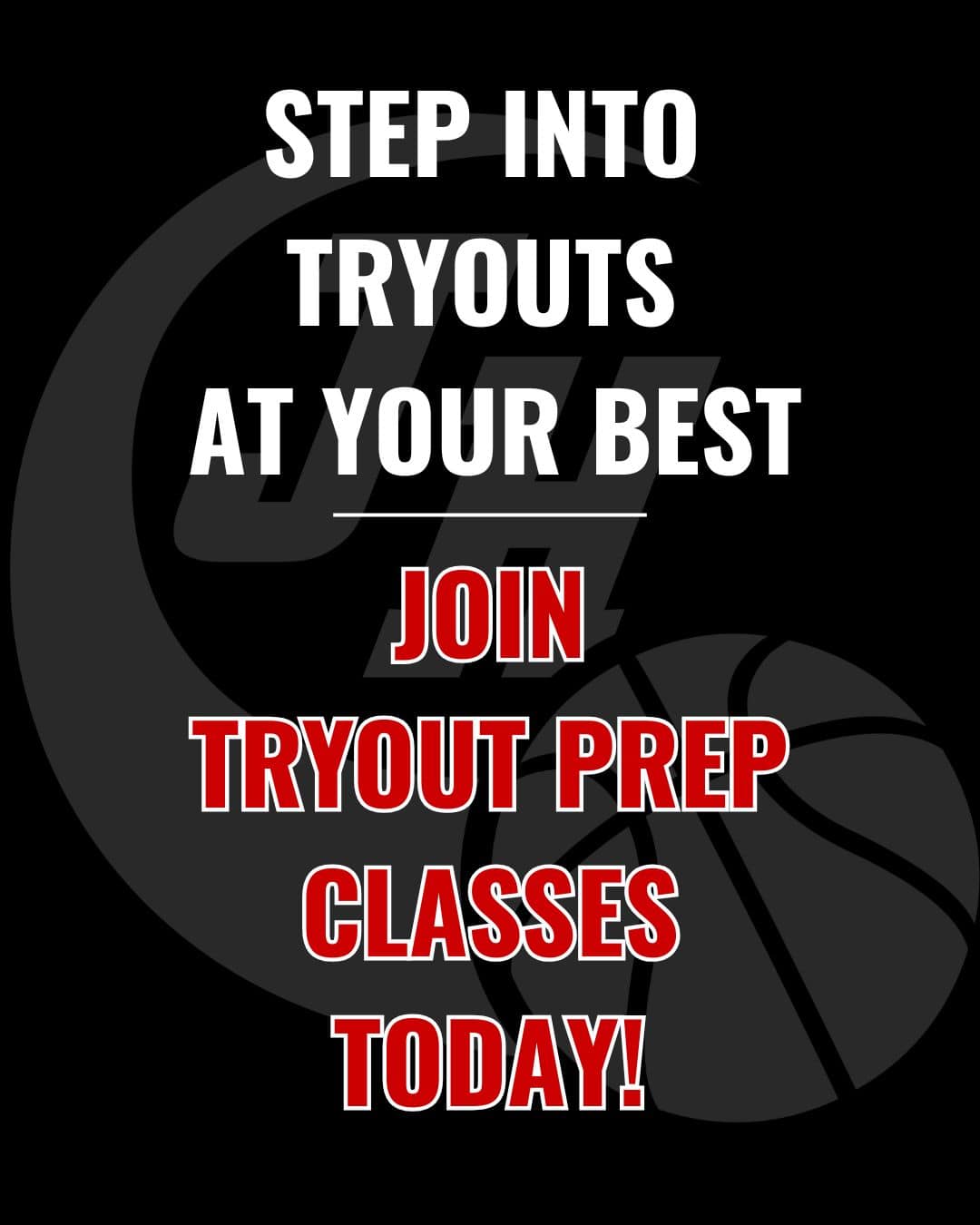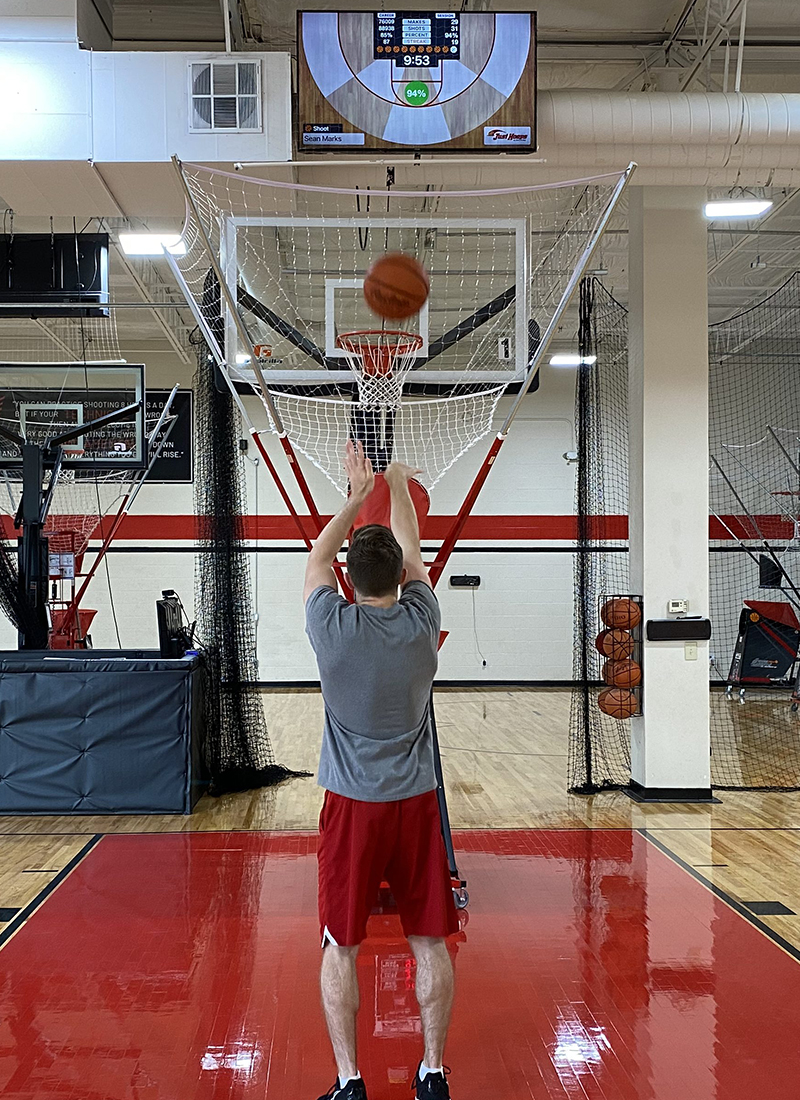This series will give you an inside look into the college recruiting process from the coaching staff’s perspective. Understanding what college coaches are asking themselves, looking for & discussing in recruiting meetings will help your communication lines as the recruiting process unfolds. Part 4 will break down the various avenues coaches use to dissect responses from prospect & their families & what specific intangibles can separate you from the pack.
College coaches are evaluating every aspect of your life (academic, athletic, social, family structure) as they conduct their research and narrow down their top priorities. No part of the evaluation process is taken in isolation. Every factor within a player’s evaluation contributes to a bigger picture, which can then contribute to a decision. There are enough talented players to go around. The key is finding the right talented players.
Perception is often reality. Coaches are going to keep an eye on several factors: the prospect’s body language, behavior in huddles, communication with teammates & relationship with the coaching staff. Even more, coaches are going to dissect and evaluate your answers to get an inside look into your desires, motivations and beliefs.
- Does he/she hold themselves accountable?
- How does your individual agendas connect with the team agendas?
- Does he/she have the desire to improve upon their weaknesses?
- Are they humble enough to take coaching?
- Does he/she acknowledge that they need to improve?
There are multiple ways a coach is going to try and identify how serious the athlete is taking their program. Is this athlete telling us what we want to hear or are they seriously considering us for their final decision? The prospect’s excitement & enthusiasm is contagious and will rub off on the coaching staff. Playing at the collegiate level is mentally & physically taxing. Coaches must know that through difficult times the athlete is going to stick to the process & work their way through it.
- They will ask about their roster, game schedule, style of play, conference, etc.
- How much knowledge does the prospect have about our team? Our season? Are they following our games/recruiting?
- They will ask you about your goals, dreams & aspirations? Favorite memory of playing basketball?
- Are they motivated by individual or team goals? Winning championships and/or individual accolades?
- What are your hobbies? What do you do with your free time?
- Where does basketball fit into this? Is it something you get to do or must do?
- They will ask about a past mistake. A tough loss.
- Does he/she take responsibility or make an excuse?
My best advice moving forward is for you to focus on these (4) specific areas as you communicate with college coaches:
- Do they attribute their success to their talent or to their hard work?
- A player that attributes success to hard work is more likely to rely on hard work in future situations.
- A player that attributes success to talent is less likely to see the correlation between hard work and success.
- How a player reacts to losses is the best indicator of their competitiveness. Everyone loves to win. Not everyone hates to lose.
- Players that take losses hard hours or days after a game must have a good amount of competitiveness. We are more emotionally tied to the things we care about the most.
- Two biggest red flags in a conversation: lies and excuses.
- Excuses are loud. Coaches want people that will take responsibility personally.
- One of the best ways to check this is to talk about losses. How much responsibility is a player willing to take for a loss?
- “I” language vs. “we” language. Do they see themselves as a part a team or is everything said isolated to the individual?
You need to be open, transparent and honest throughout the recruiting process. Take individual responsibility in all that you do. Start building these habits and mindsets now with your current team and coaches. All these qualities will help you move forward in life well beyond your playing days.
Read Part 1 of 4: What Questions Do College Coaches Ask Themselves While Evaluating Players?
Read Part 2 of 4: What Questions Will College Coaches Ask The Prospect?
Read Part 3 of 4: What Questions Will College Coaches Ask About The Prospect?



